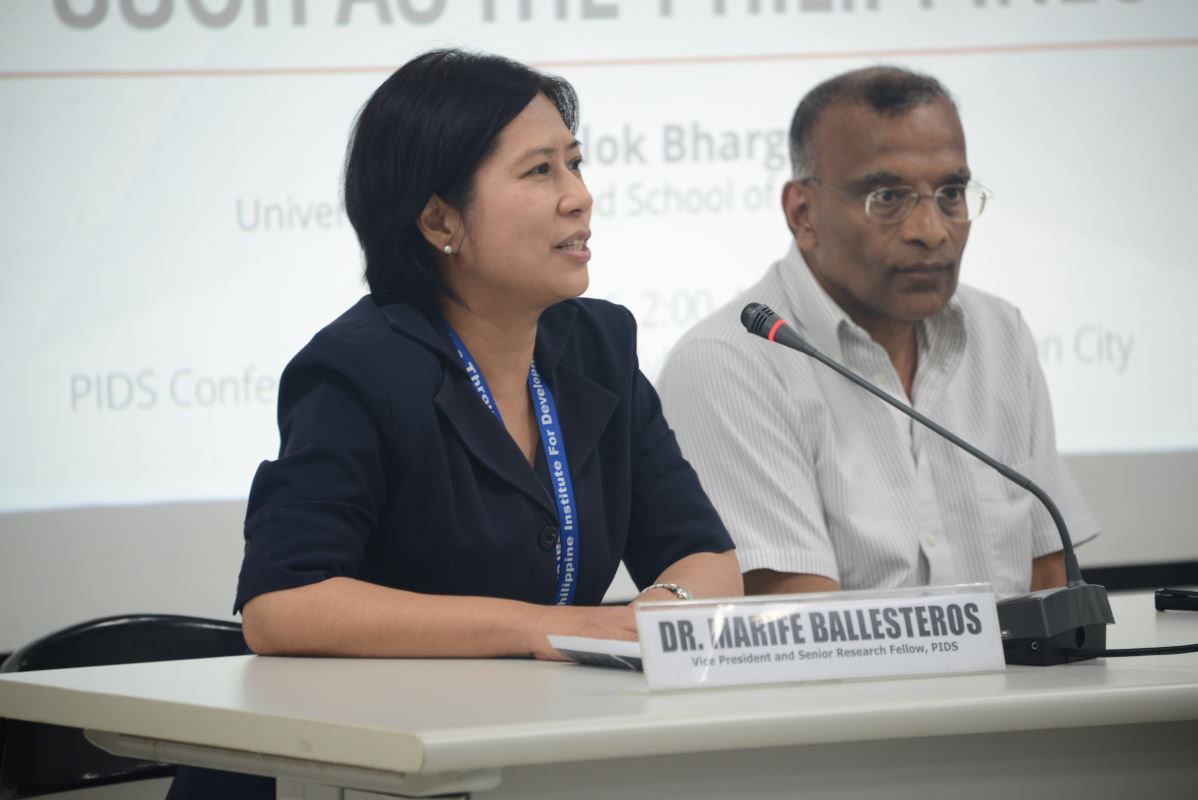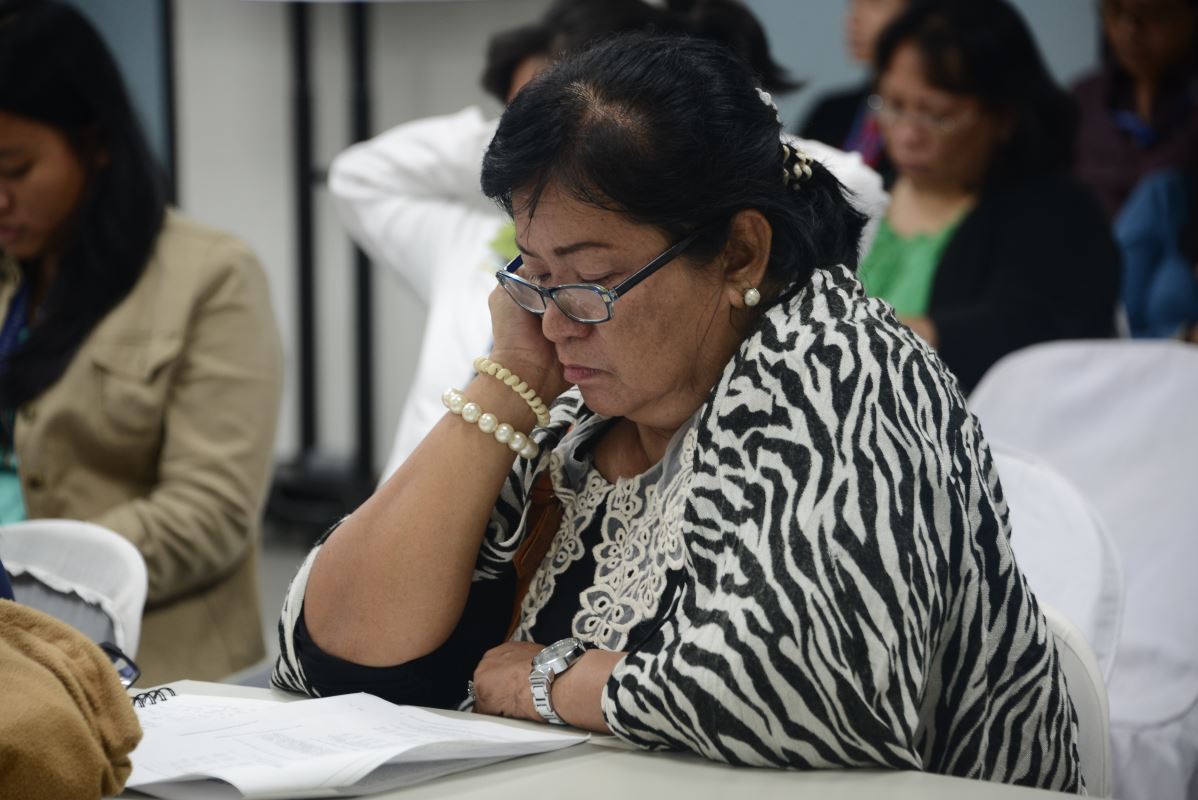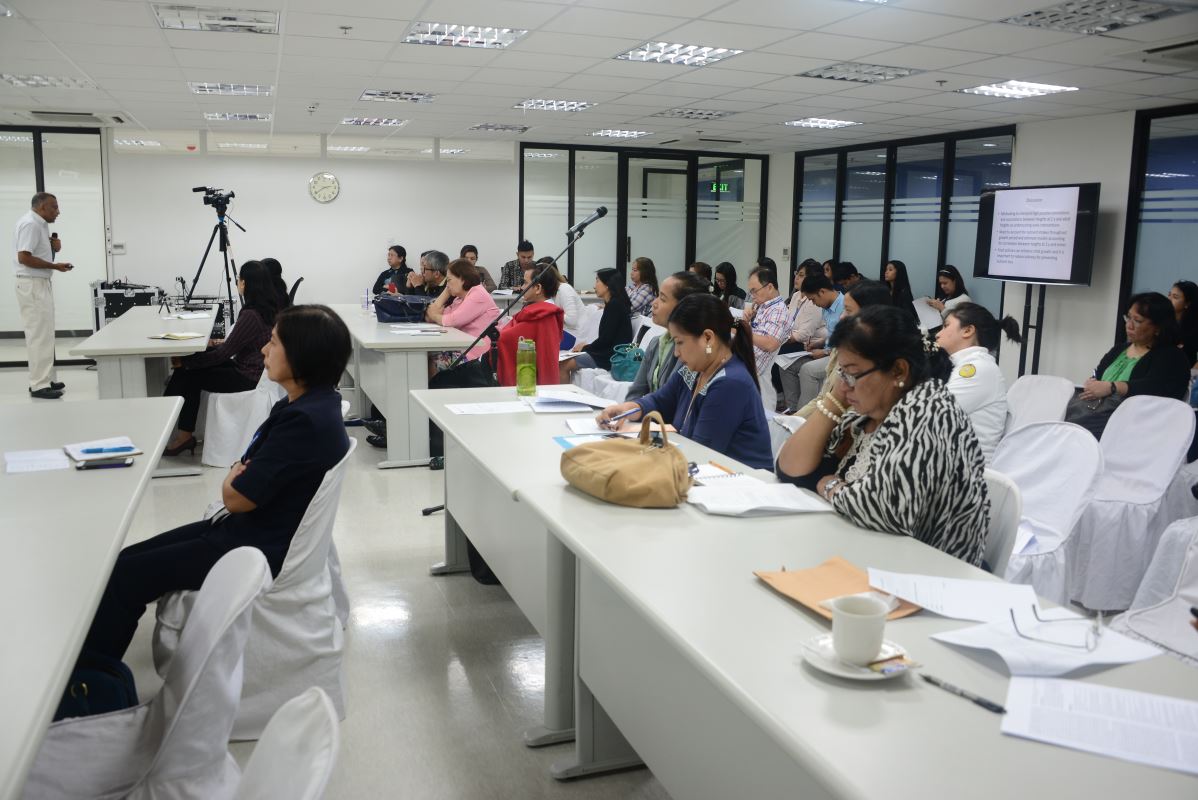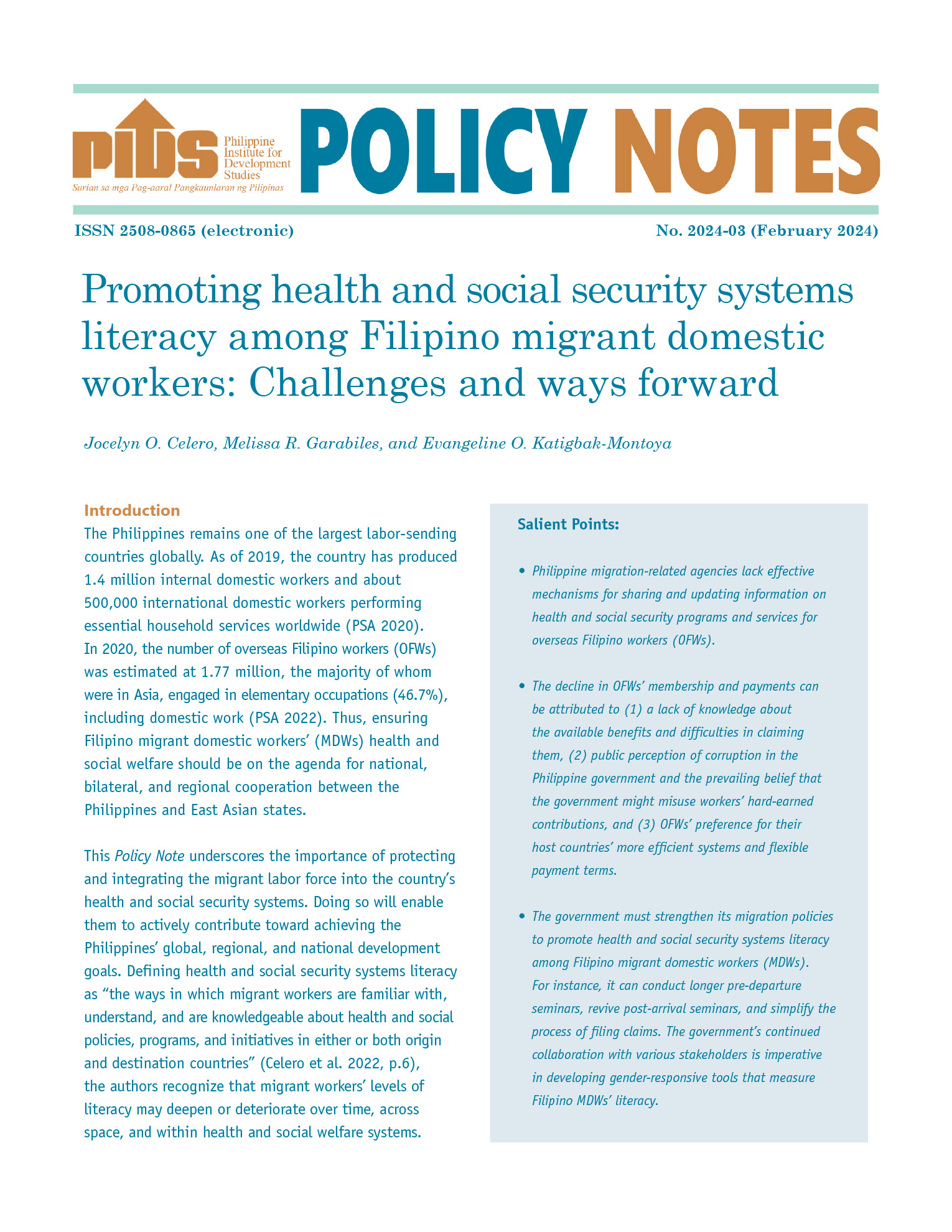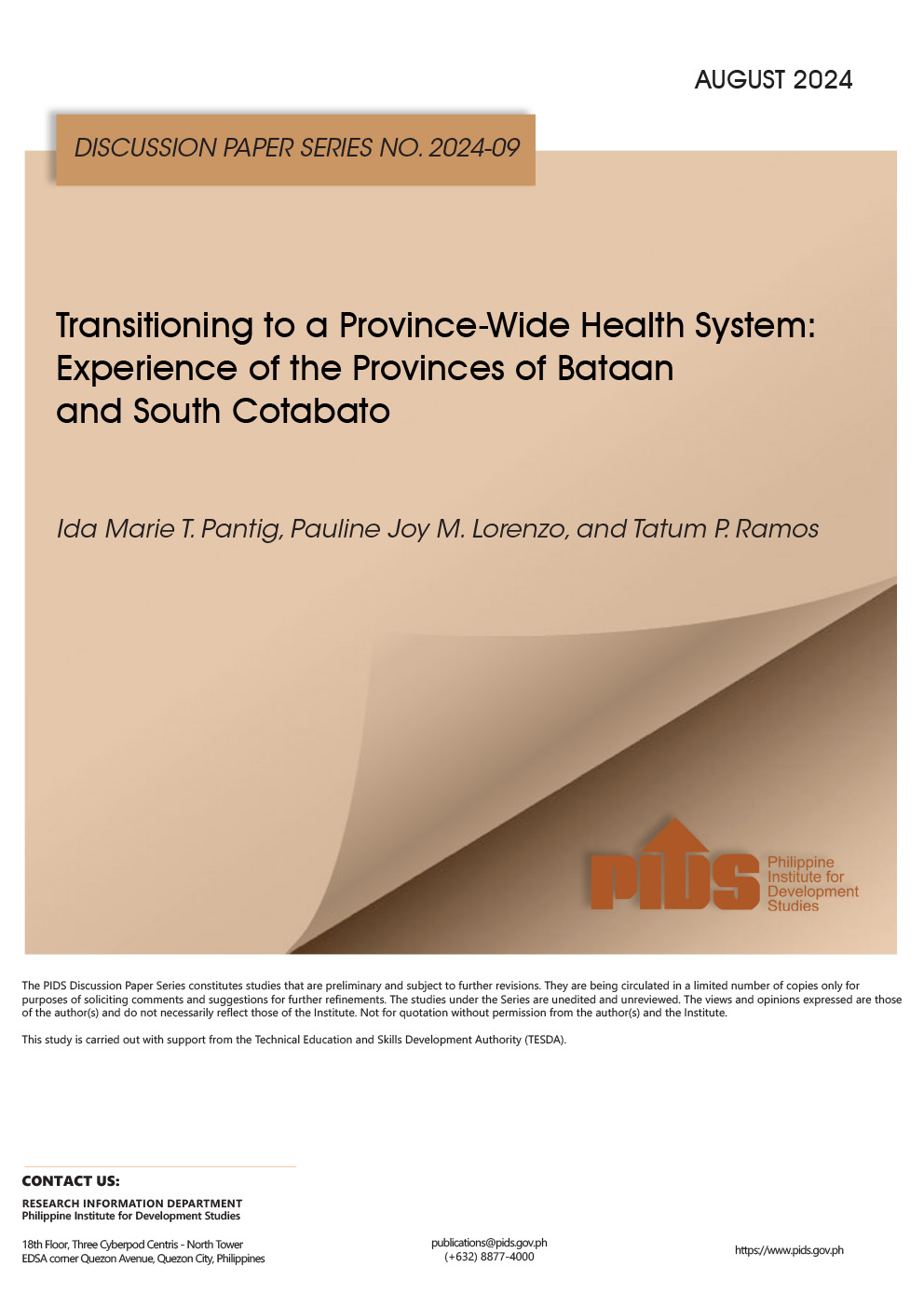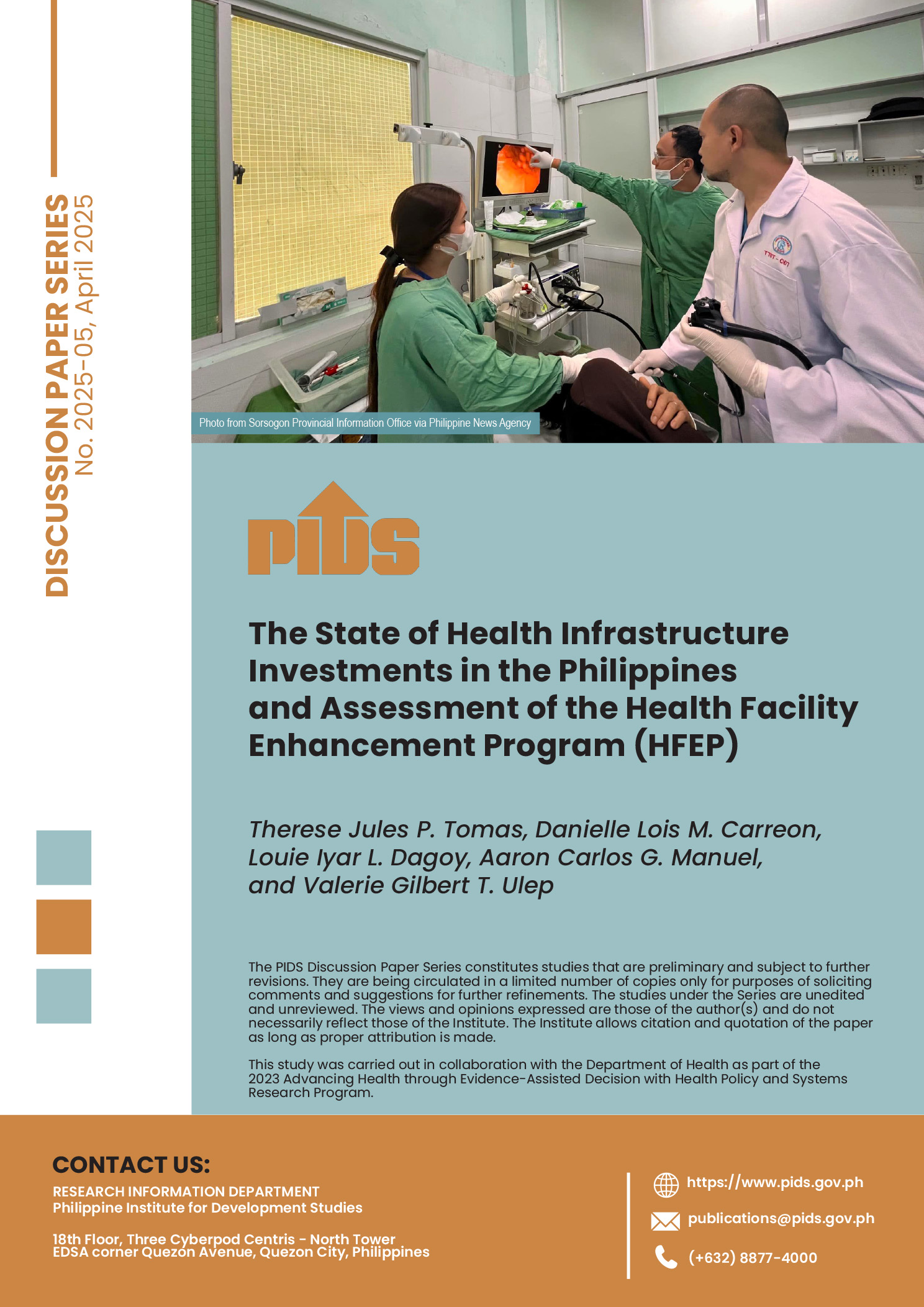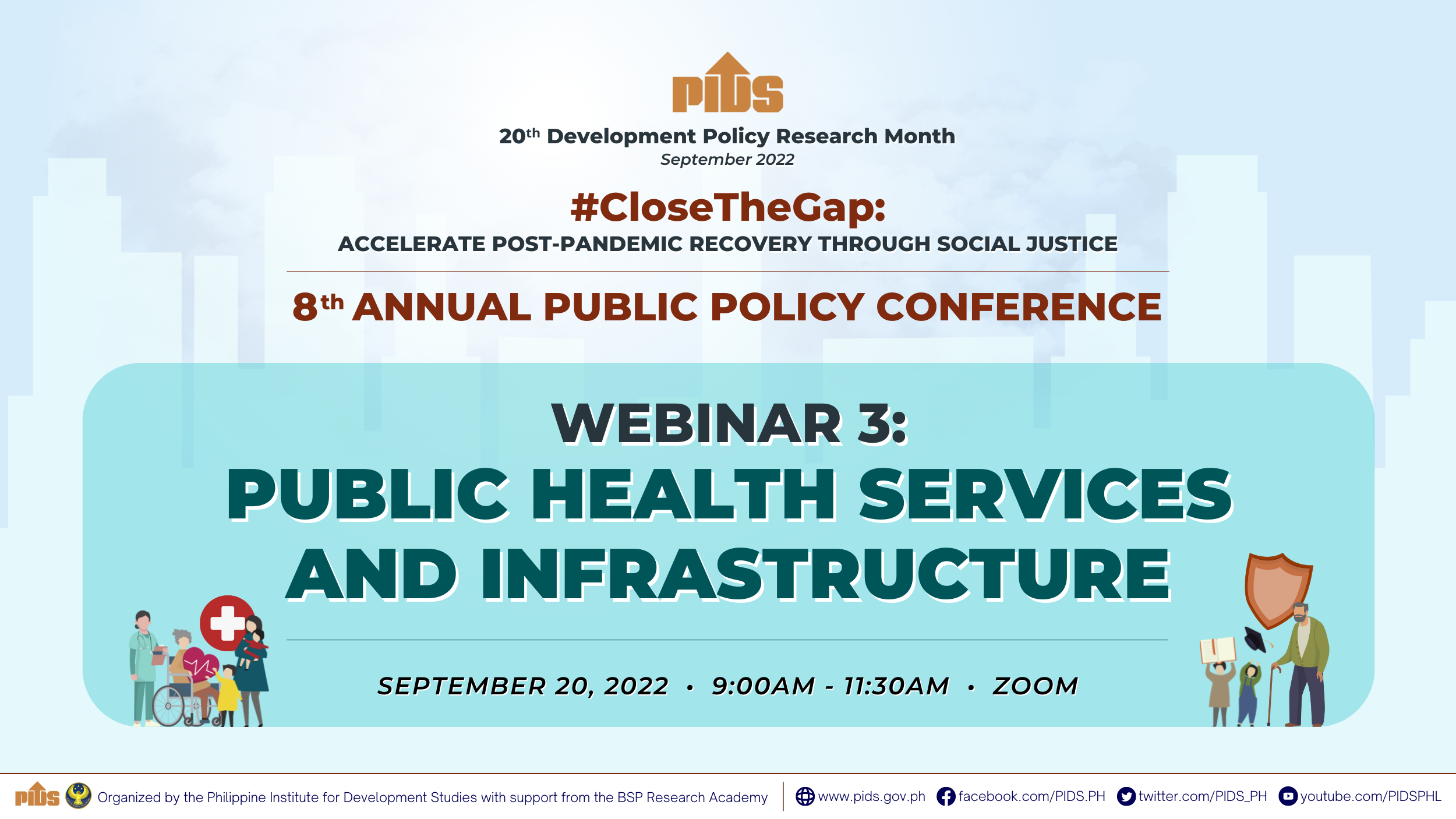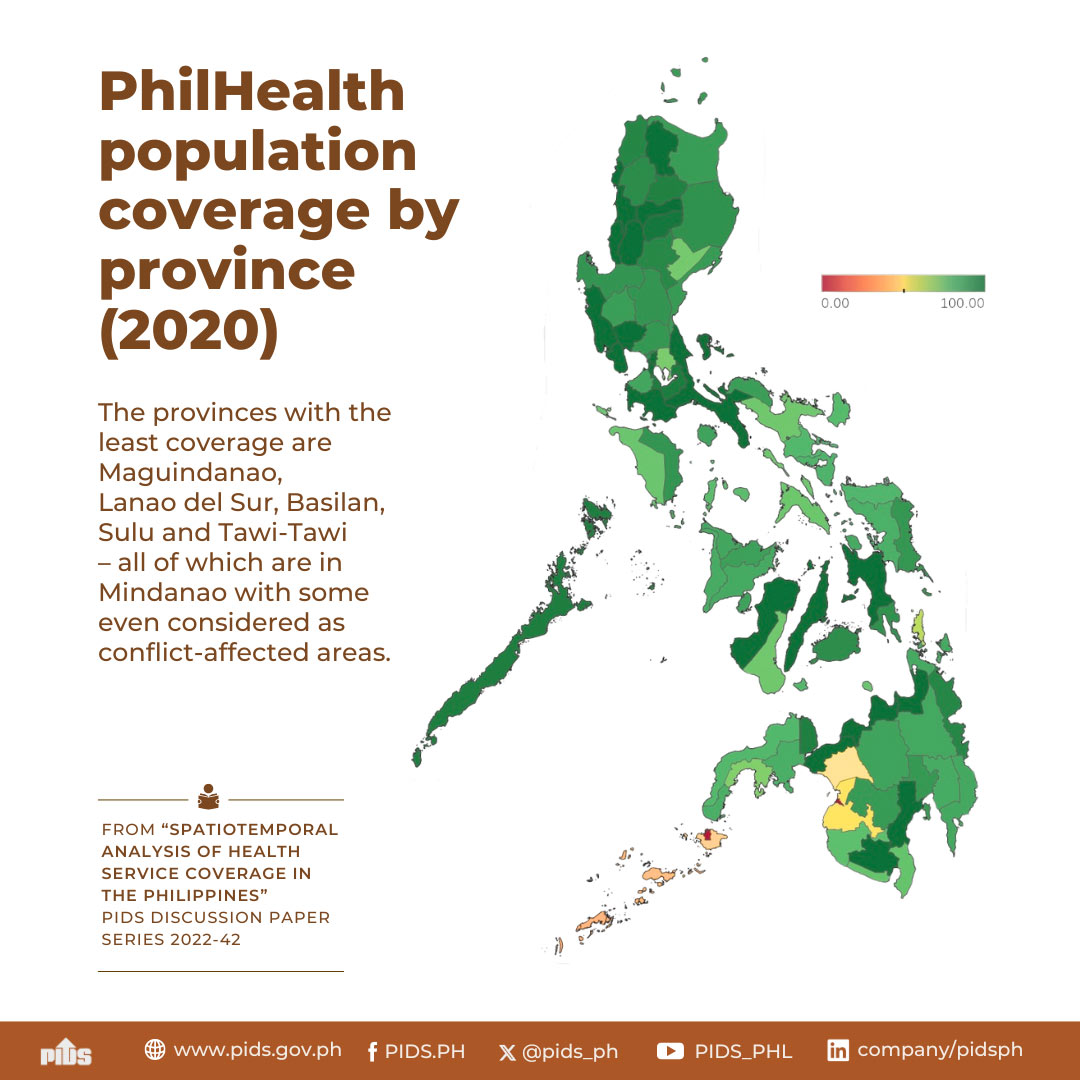
The Philippine Institute for Development Studies (PIDS) will conduct a seminar on "How to increase heights in short populations such as the Philippines" on August 8, 2016, from 2:00 p.m. to 4:00 p.m., at the PIDS Conference Room, 18th Floor, Three Cyberpod Centris—North Tower, EDSA corner Quezon Avenue, Quezon City.
The presenter, Prof. Alok Bhargava of the University of Maryland School of Public Policy, will report on the results of a study that analyzed the effects of dietary intakes in the Philippines on birth outcomes, heights, weights, and morbidity during ages 2-24 months; heights and weights during ages 8-19 years; and completed adult heights.
Using data on children from the Cebu Longitudinal Health and Nutrition Survey, the study concluded that maternal anthropometric indicators, energy intakes, and sociodemographic variables were significantly associated with children's length and weight at birth. Dynamic models for children's heights and weights during ages 2-24 month showed significant effects of calcium and protein intakes; child morbidity levels were significantly associated with height and weight. Higher β-carotene intakes were significantly associated with lower morbidity levels. Analyses of data on children during ages 8-19 years showed significant effects of protein and calcium intakes and of morbidity levels on heights and weights. Models for children's heights at age 22 years indicated significant effects of protein and calcium intakes during early childhood and in adolescence.
These results underscored the need for formulating long-term food and health policies for the Philippines that enhance children's physical development and ultimately their adult stature, which is important for physical work capacity and labor productivity.
The presenter, Prof. Alok Bhargava of the University of Maryland School of Public Policy, will report on the results of a study that analyzed the effects of dietary intakes in the Philippines on birth outcomes, heights, weights, and morbidity during ages 2-24 months; heights and weights during ages 8-19 years; and completed adult heights.
Using data on children from the Cebu Longitudinal Health and Nutrition Survey, the study concluded that maternal anthropometric indicators, energy intakes, and sociodemographic variables were significantly associated with children's length and weight at birth. Dynamic models for children's heights and weights during ages 2-24 month showed significant effects of calcium and protein intakes; child morbidity levels were significantly associated with height and weight. Higher β-carotene intakes were significantly associated with lower morbidity levels. Analyses of data on children during ages 8-19 years showed significant effects of protein and calcium intakes and of morbidity levels on heights and weights. Models for children's heights at age 22 years indicated significant effects of protein and calcium intakes during early childhood and in adolescence.
These results underscored the need for formulating long-term food and health policies for the Philippines that enhance children's physical development and ultimately their adult stature, which is important for physical work capacity and labor productivity.
Gallery Images:



